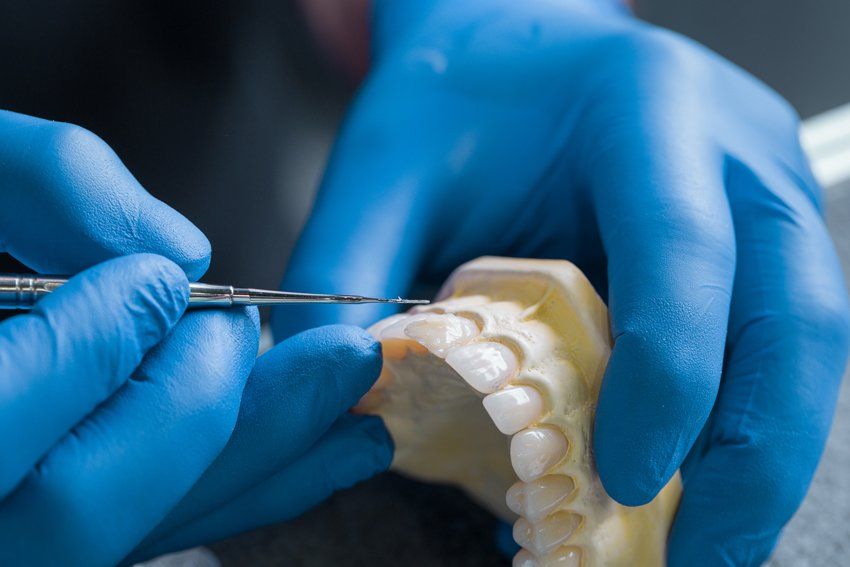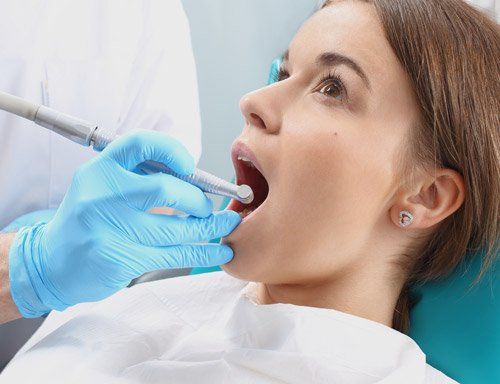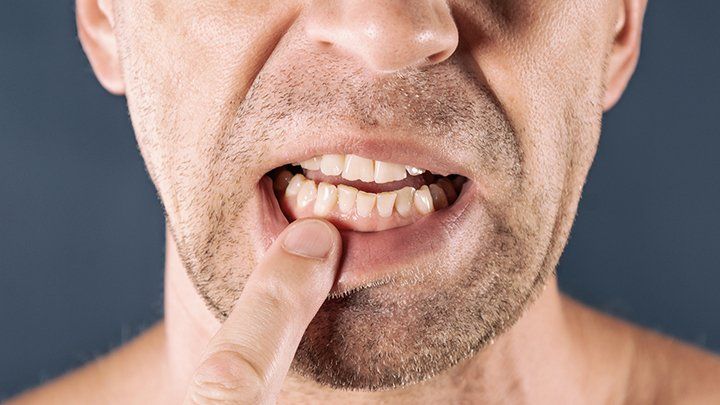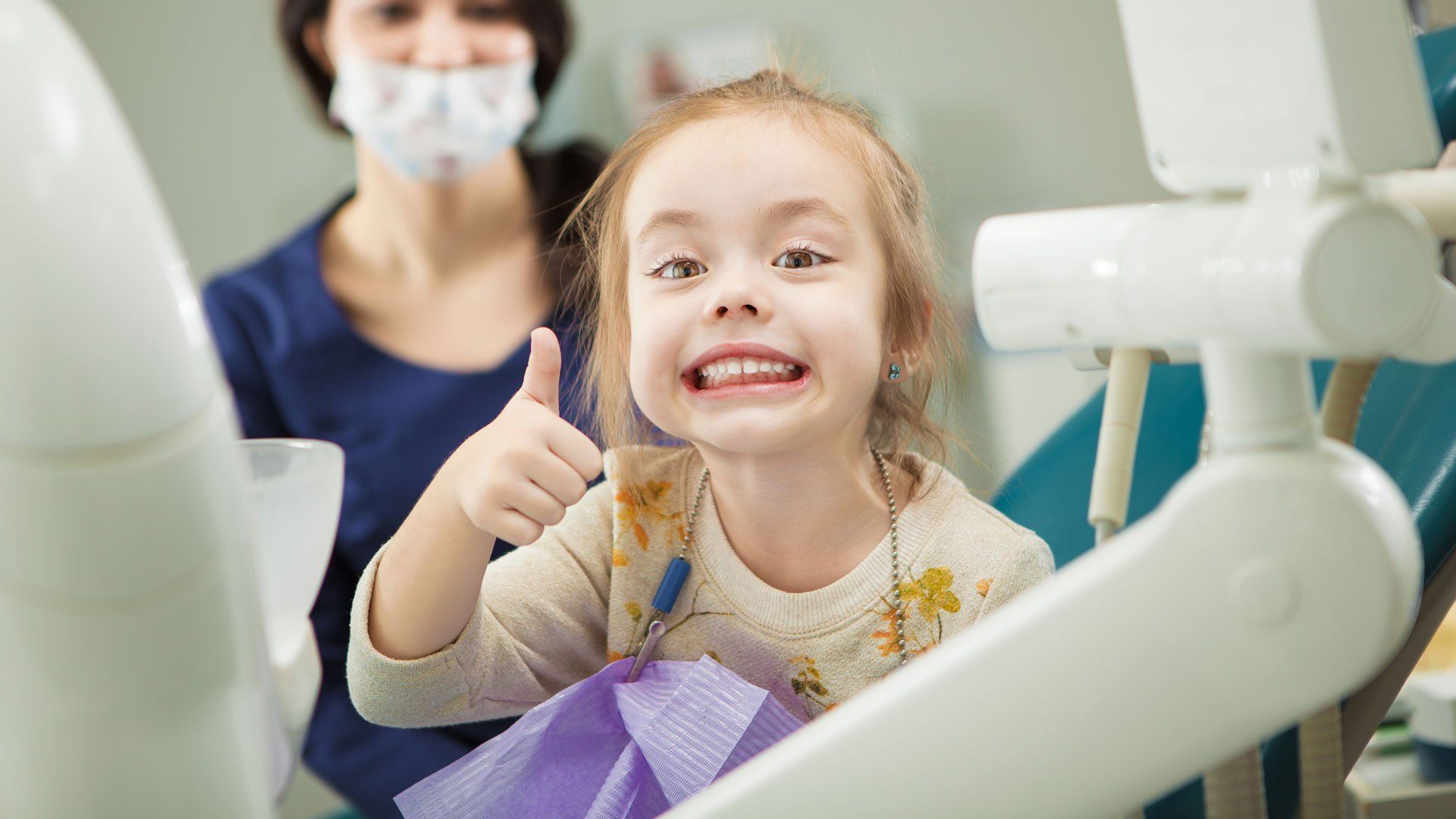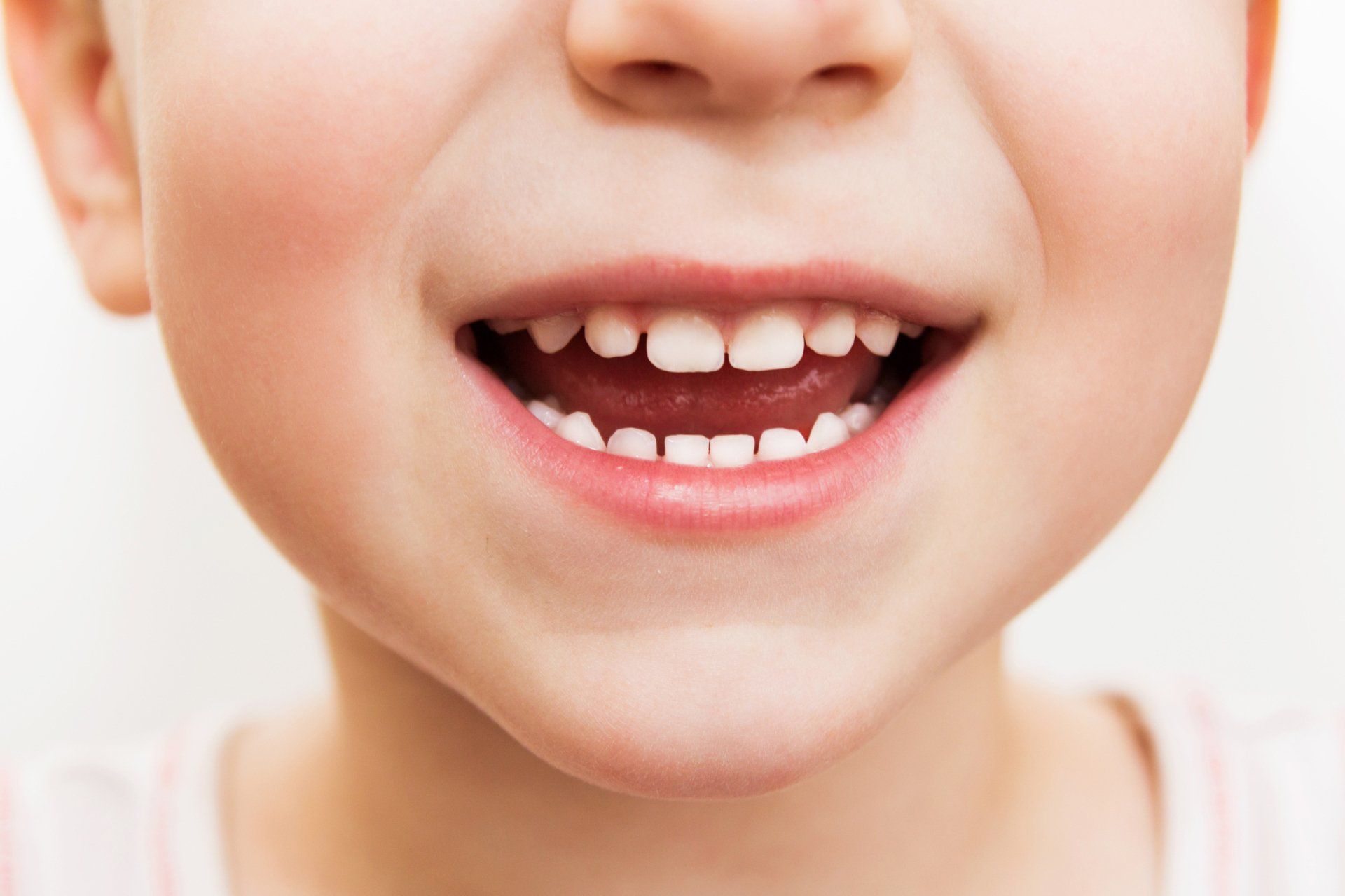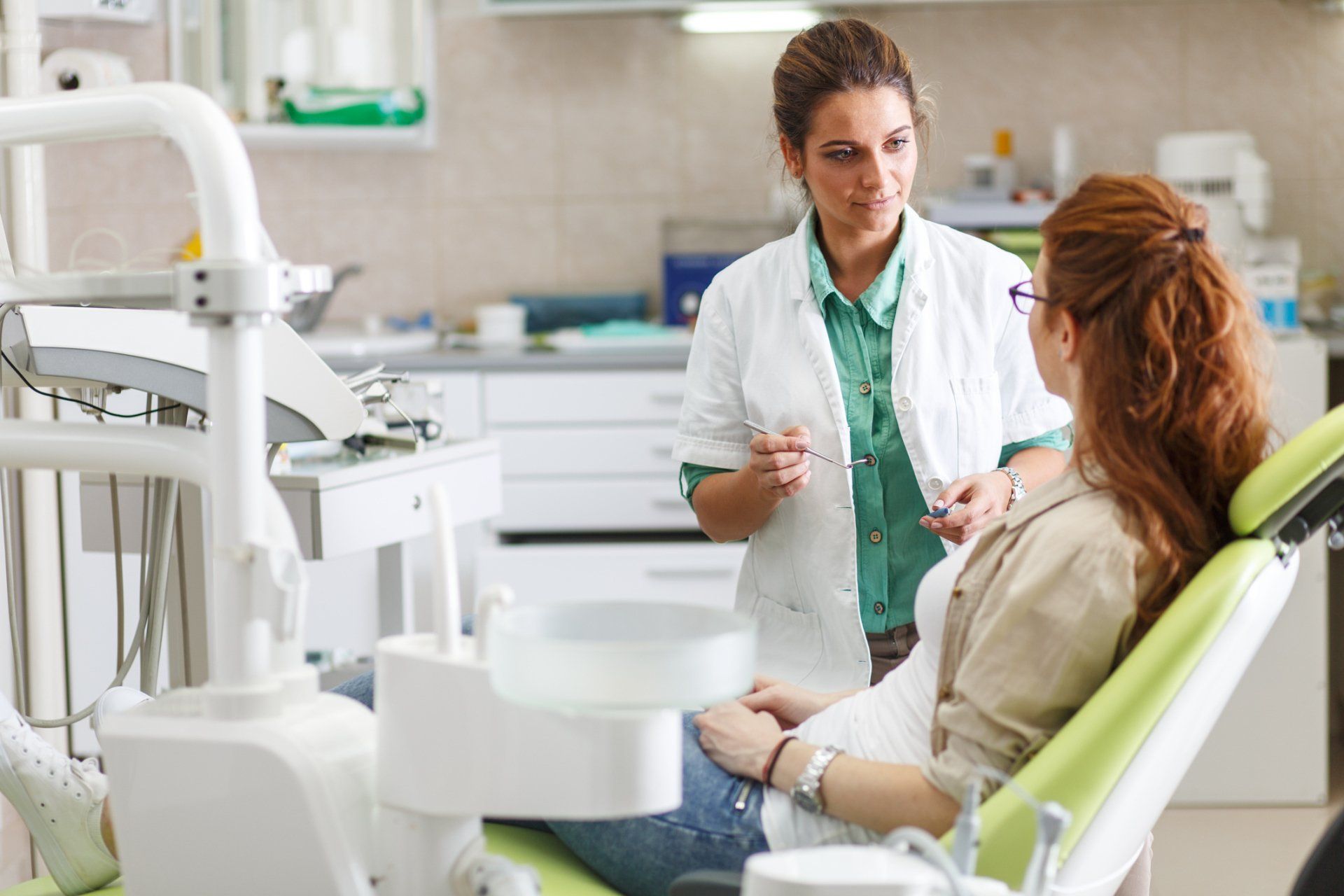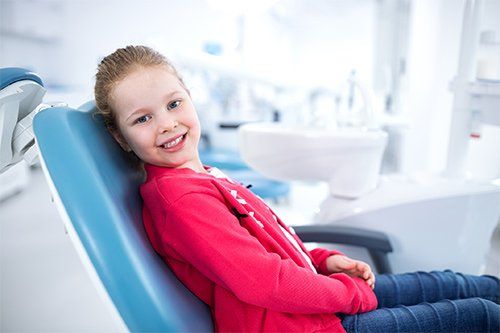Proper Oral Hygiene: Help Your Child Learn How To Brush
- By Admin
- •
- 06 Dec, 2017
- •
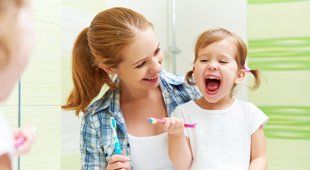
ou make sure your child goes to the dentist regularly, but that may not be enough. Proper oral hygiene is essential when it comes to your child's healthy mouth. According to the Centers for Disease Control and Prevention, twenty percent of kids in the U.S. between the ages of 5 and 11 years have one or more areas of tooth decay.
Even though your young child's teeth aren't permanent, those teeth still need to stay healthy. Proper oral hygiene now can set the stage for your child's habits later on in life. Beyond that, decay in your child's baby teeth can cause pain, discomfort and may affect your child's overall health.
With all of the issues that tooth decay and gum disease cause, you want your child to stay healthy and take care of their teeth. You can find plenty of ways to help your little one learn how to care for their teeth properly. Take a look at these kid-friendly tips for helping your child start on the road to mouth health.
Brushing and Timing
Your child needs to brush for two minutes twice a day. This might not seem like a long time for you, but for your child it feels like an eternity. A quick brush and your child thinks they're done, but you know that's not enough. Now comes the tricky part - getting your child to brush for long enough without a fight.
To start with, make brushing fun. If brushing seems like a chore, your child won't want to do it. Instead of yelling or issuing punishments, try associating positive things with brushing. Play music for the two minutes for your child to brush with or make it into a game of who can brush their teeth longer.
For example, start a timer and begin brushing your teeth together. Whoever brushes the longest wins. Brush your teeth for exactly two minutes, letting your child brush for a few seconds longer. Competitive kids will enjoy beating mom or dad at brushing.
Positive Reinforcement
A sticker chart can help your child remember to make their bed, put their toys away, do their homework and take care of other chores. But these aren't typically tasks your child likes to do. Why add brushing teeth to a lengthy list of not-so-fun tasks?
Instead of lumping teeth care in with taking out the garbage and sweeping the kitchen floor, try something different when it comes to positive reinforcement. This doesn't mean you have to hand out stuffed animals or cash every time that your child brushes for two minutes. A sticker or five minutes of additional time on the tablet will do.
Practice and Role Play
Proper brushing technique isn't something that your child naturally knows. You could lecture your child on how to brush, but it's likely that they'll tune you out after a minute or two. Instead of talking at your child, get interactive and let your child get hands-on.
Put your little learner in the center of the lesson and try a role-playing game. Hand over a toothbrush (designate a pretend play brush that your child doesn't use on their own teeth) and have them play the role of dental hygienist.
They can brush their doll's or a favorite stuffed animal's teeth. Have them practice brushing each area of the mouth, watching as they make their way around the front and back of the mouth. You can offer some instruction and point out what your child needs to work on. When they're done, have them translate this new skill to their own mouth.
Does your child need a dental check-up or a cleaning? Teresita V. Hernandez, DDS can help.
A dental emergency can occur quickly. To be prepared in case of an emergency, learn more about sudden dental problems and how to treat them.
If you have avoided going to the dentist for an extended period due to dental anxiety or a dental phobia, read what you can do to remedy the situation.

